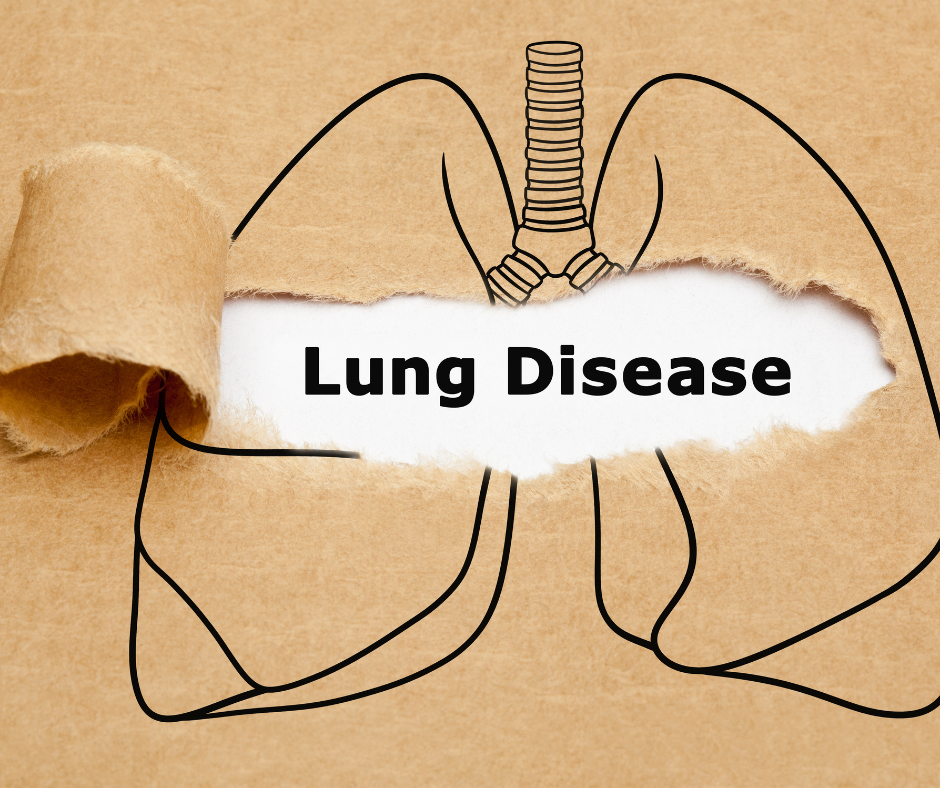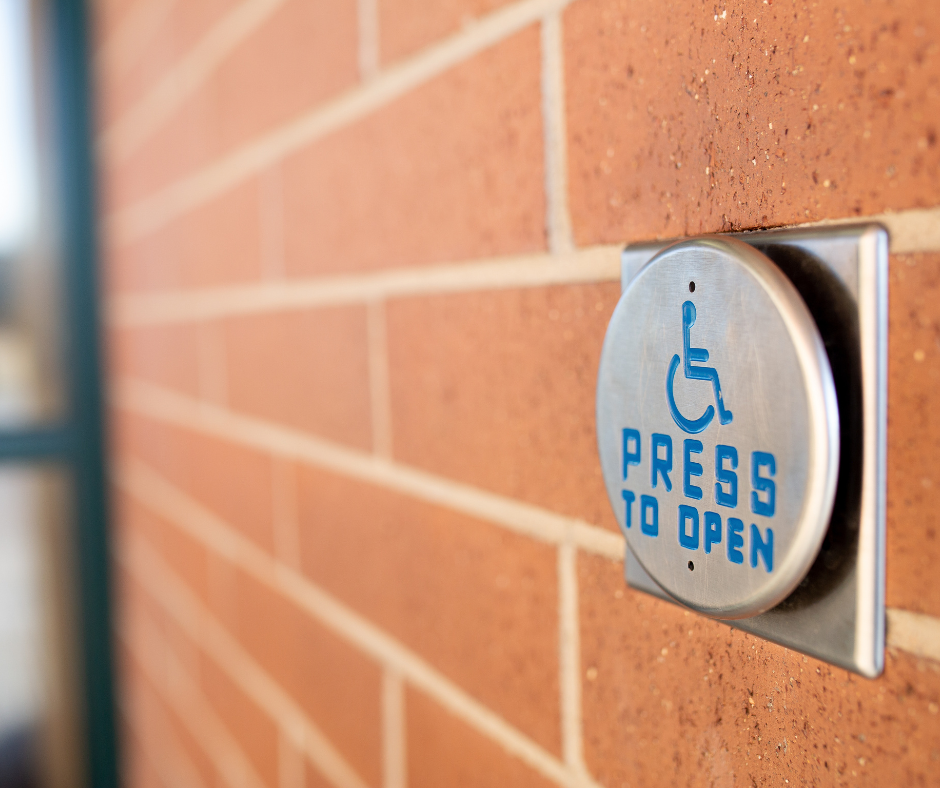Autoimmune Community Summit: Day Two Summary
Hot Topics in Autoimmune: What’s New and Exciting Day two Recap
Sustainable Anti-Inflammatory Diets for Autoimmune Disease and Planetary Health
- A plant based diet can improve disease symptoms and decrease the risks of others.
- The Standard American Diet (SAD) is high in processed foods, high in animal products and highly inflammatory.
- Inflammatory foods, can contribute to systemic chronic inflammation which can lead to chronic diseases.
- Ultra-processed foods can upset the microbiome and cause leaky gut syndrome.
- You can decrease your greenhouse gas footprint by 85% if you eat a vegan diet.
Resources:
- Dr. Andrew Weil’s Anti-Inflammatory Diet Pyramid
- REACT Rheum
Our Warming Planet
Dr. Iazsmin Ventura, faculty physician at the University of Chicago talked to us about how Our Warming Planet is leading to an increase in autoimmune disease.
Autoimmune disease has been on the rise for over 40 years. Because of the quick changes and rates in autoimmune diseases occurring it is more likely that environmental exposures and daily life habits are more likely the cause of these changes than genetics. For example, air pollution has decreased the protective stratospheric ozone layer increasing exposure to UV B which increases the risks of Lupus, dermatomyositis and Sjorgens.
So what can we do about it? More education, more research and more sustainable healthcare.
Resources:
The Role of Trauma in Autoimmune Disease
In this session, Dr. Veronique tells us that genes aren't everything when it comes to determining autoimmune disease. In fact research is showing that the environment plays a much heavier role, 70-90%. Environment means things like infections, stress, trauma and toxins are often triggers to activate autoimmune disease. Technically the disease is always there but the development of the disease can sometimes take years before you see symptoms. Even adverse events that happen before birth can impact disease development like preeclampsia. Throughout your childhood, Many of us have Adverse Childhood Experiences or ACEs, which are tied to your risk of developing autoimmune disease. The more ACEs you have the higher your risk is but even 2 ACEs puts you at risk.
Resources
Health Ai
Dr. Bryan Anderson, CEO at Coalition for Health AI (CHAI), brought us up to speed on how a coalition is coming together to help AI and Health come together in a reliable way. They have created an
Assurance Standards Guide1 and
Assurance Reporting Checklists to provide guidelines for deploying and evaluating AI technology. You can get involved by reviewing the
Assurance Standards Guide1 and
Assurance Reporting Checklists and submit feedback.
Resources:
Simplifying Autoimmune Nutrition and Cooking
In the session, Simplifying Autoimmune Nutrition and Cooking, registered dietician and founder of the Arthritis Dietitian, Christina Montoya breaks down the complicated world of nutrition and how we can cook with autoimmune disease.
Understanding the packaging
- There are many components of a nutrition label from the ingredient list to calories, fats, and even macronutrients like Vitamin D, calcium and iron. Each component has its own purpose and importance.
- Some ingredients to pay attention to with autoimmune disease are saturated fats, trans fats added sugars.
- Look for warnings like made in a facility that contains gluten or nuts. This indicates a risk of contamination even if the product has a label that is gluten or nut free.
- If you are eating gluten free products watch out for high fodmap ingredients that could also lead to IBS symptoms.
What is anti-inflammatory and how do I choose a diet?
- Anti-inflammatory foods means that they tend to have more anti-inflammatory properties like selenium, turmeric, ginger than other foods.
- Everyone will respond to foods differently, so pay attention to what impacts you and be mindful of that when planning your meals.
Tips & Tricks for cooking with Arthritis
- Use kitchen gadgets like electric can opener, utensils with large holders and thumb rest slots, multi-tools like bottle, can, and jar openers
- Get comfortable by bringing a chair into the kitchen
- Prep foods that can be used in multiple meals and multiple ways
Resources:
Ways to Reduce Autoimmune Pain
In this session, Clinical Psychologist Afton Hassett teaches us about what pain is, how to build resiliency, and how to reduce pain.
Many things impact how you physically feel pain like memory, thought, feeling, habit, sleep and more. Pain is not an isolated experience, there are five symptoms that go together, in what is called SPACE, and pain is only one of them. Those five symptoms are
Sleep,
Pain,
Affect,
Cognitions, and
Energy.
Your ability to cope with these five symptoms, depends on your level of resilience. The more resilient you are, the faster you adapt to change and the less likely you are to have chronic pain, sleep impairment and poor mental health. Building resiliency is something that everyone can do and Afton recommends trying positive activity interventions(PAIs) like keeping a gratitude journal or performing random acts of kindness.
Resources:
Fatigue Science & Tips for Reducing Fatigue
Chronic fatigue is a real problem in our community. It seems like no matter what we do fatigue is there. At the recent Autoimmune Community Summit, Christine Stamatos, Nurse Practitioner at Northwell Health explained how fatigue works and how to get better sleep.
When you feel tired, it’s a warning sign to listen to your body and slow down. Our bodies can respond to stress and other triggers in the same way it responds to the fight or flight response. With autoimmune diseases, sometimes something that seems so small can send our body into fight mode by activating the defense system and causing systemic inflammation.
Once the defense system is activated it works quickly to signal throughout the body that it’s under attack. One of the ways it does this is by increasing cortisol (the stress hormone) which can impact sleep, making you tired.
So what can you do about it? Pay attention to these signs and build in periods of rest. Manage your stress, treat depression, move more, and manage your sleep, you can balance your energy and decrease fatigue.
Realistic Wellness and Stress Management for Difficult Days
The body runs on stress, it's the natural way our body uses to know when and how to respond to a situation. While stress is necessary, too much of it can wreak havoc on your body. Daily practice and integration of self-management practices to release stress are necessary to cope on difficult days.
To cope with and get ahead of stress, you need a good routine. Here are components of a good routine:
- Have a daily activity plan that includes 5+ hours of activity like walks or yoga. Get up and move if you sit for long periods of time.
- Get your 8 hours of sleep.
- Practice meditation and mindfulness.
Now that you have your routine set, what should you do on a difficult day?
- Reframe wellness. Acknowledge that rest is part of your wellness plan and is required to heal.
- Acknowledge the emotions you are feeling. It is ok to be frustrated or accept.
- Have a kit of things that energize you or boost your mood at the ready.
Sign up for our newsletters
International Foundation for AiArthritis
6605 Nottingham Ave.
St. Louis, MO 63109-2661
Tax ID: 27-1214308
Toll Free: 1-877-609-4226
Email: info@AiArthritis.org
Copyright 2024. All rights reserved. Information on this site is intended for informational purposes only Our foundation does not engage in the practice of medicine. Please consult a physician to obtain personal healthcare and treatment options. 501(c) 3 Nonprofit Tax ID: 27-1214308.






